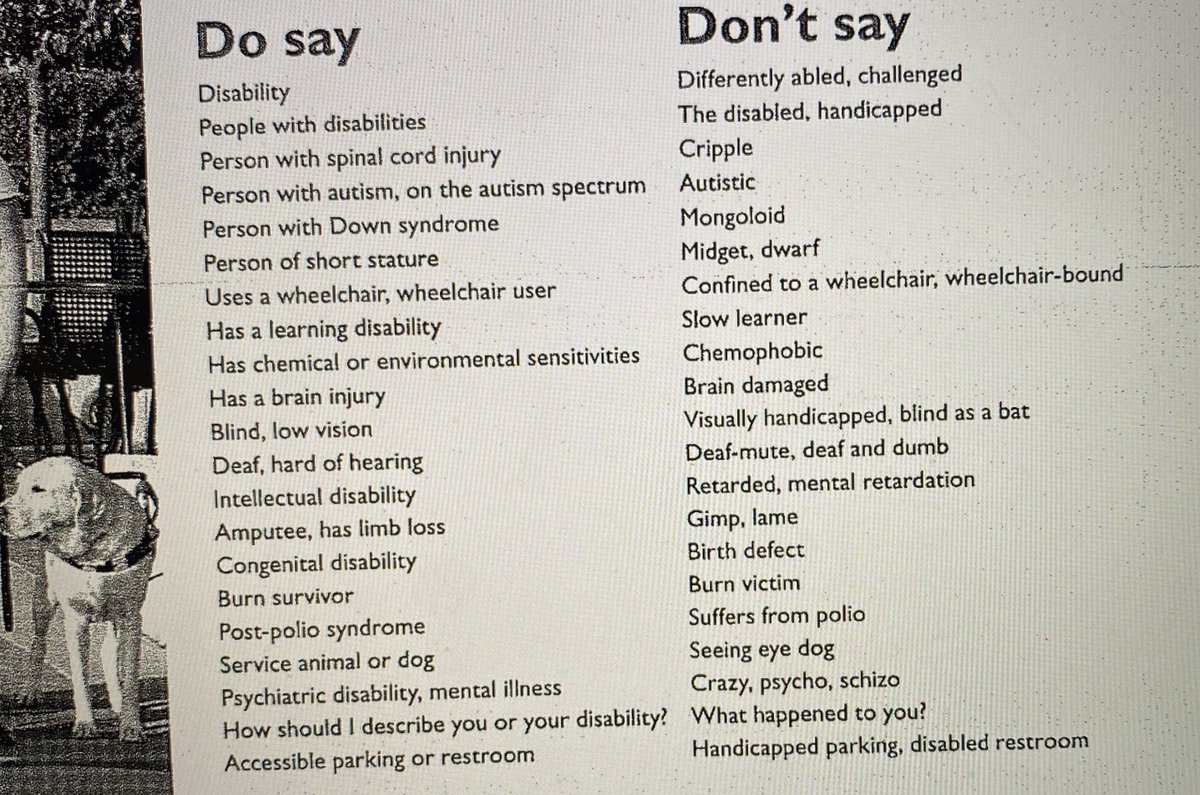
When autistic people say we were bullied for being autistic, we usually don’t mean that people heard about our diagnosis and started using it against us.
That does happen, but more often than not, people bully us for our autistic traits.
Because we’re “different.”
That does happen, but more often than not, people bully us for our autistic traits.
Because we’re “different.”
The first time I was bullied, I was a 4 year old in preschool. I wasn’t even diagnosed yet.
But my bullies recognized my autistic traits, and then consistently mocked me for being, in their words, “weird.”
If I tried sitting at their table during lunch, they’d yell at me.
But my bullies recognized my autistic traits, and then consistently mocked me for being, in their words, “weird.”
If I tried sitting at their table during lunch, they’d yell at me.
I’ve heard from dozens of autistic people who have been physically assaulted by classmates for displaying autistic traits.
People have been punched in the face for flapping their hands on the playground.
People’s gym clothes have been shoved down the toilet.
People have been punched in the face for flapping their hands on the playground.
People’s gym clothes have been shoved down the toilet.
Autistic people frequently get excluded from groups, talked about behind our backs, mocked, and assaulted.
Usually not “because we’re autistic.”
But because we stim, we speak formally, we don’t make eye contact, we constantly talk about our special interests, etc.
Usually not “because we’re autistic.”
But because we stim, we speak formally, we don’t make eye contact, we constantly talk about our special interests, etc.
These traits are not usually recognized as autistic traits by our bullies.
Rather, those traits are seen as indicators of “strangeness” and “awkwardness.”
I can’t count how many times I’ve heard people referred to as “awkward,” who I know are actually just autistic.
Rather, those traits are seen as indicators of “strangeness” and “awkwardness.”
I can’t count how many times I’ve heard people referred to as “awkward,” who I know are actually just autistic.
I think three main things need to happen in order to prevent this:
1. Students need to be taught that many of the people they think of as “weird” are probably autistic or otherwise neurodivergent.
2. They need to be taught to respect autistic people, AND “weird” people.
1. Students need to be taught that many of the people they think of as “weird” are probably autistic or otherwise neurodivergent.
2. They need to be taught to respect autistic people, AND “weird” people.
3. They need to be taught basic tips on how to effectively communicate with autistic people.
Communication is a two-way street, and without awareness being raised about how it works between people of different neurotypes, misunderstandings are bound to happen.
Communication is a two-way street, and without awareness being raised about how it works between people of different neurotypes, misunderstandings are bound to happen.
This instruction needs to start young, because even 4 year olds can be bullies.
Parents and teachers might not know how to begin teaching their children.
So I recommend going to autismacceptance.com and seeing what you can pull out from the book to teach your kids.
Parents and teachers might not know how to begin teaching their children.
So I recommend going to autismacceptance.com and seeing what you can pull out from the book to teach your kids.
Ending the bullying and harassment that autistic people face on a daily basis isn’t going to happen quickly.
But you can help the process go faster by educating others and helping them understand people who are very different from them.
Thank you for your allyship :)
But you can help the process go faster by educating others and helping them understand people who are very different from them.
Thank you for your allyship :)
• • •
Missing some Tweet in this thread? You can try to
force a refresh








